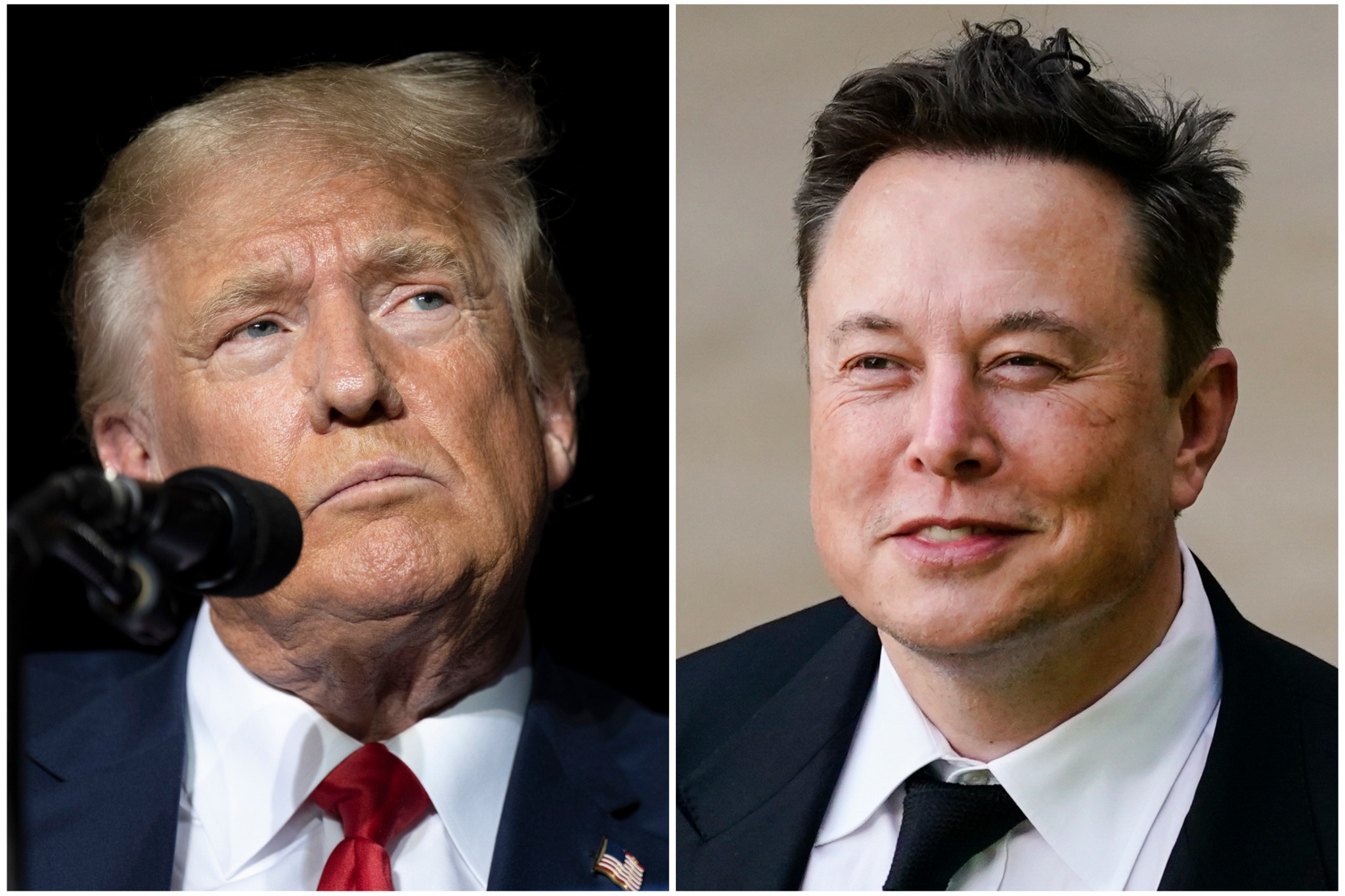
Tech companies such as OpenAI, Google and Meta are jostling for a lead in the AI arms race, fighting a shortage of engineers and advanced chips as they gear up for the huge growth expected in the coming years.
But in the AI infrastructure sector, which includes the vital data centers and energy projects needed to feed AI’s huge appetite for power and information, there’s already a winner emerging: private equity.
Firms including Backstone, the Carlyle Group, and KKR have been quietly spending tens of billions on energy projects and data centers tailored to supply AI developers, and they foresee huge profits once AI creates the demand surge they’re expecting.
“Even before AI, you’ve seen an industry that’s growing at 20% plus, annually. AI on top is just another accelerant to that growth,” Blackstone managing director Greg Blank said.
The data centers that developers use to train large language models behind AI consume huge amounts of energy, and by 2030 they could suck up as much as a quarter of all the power in the U.S.
Energy shortages haven’t substantively hurt American tech companies’ bottom lines yet, but price hikes in other areas of the AI supply chain, such as for chips from TSMC, are an example of what they could be facing in a few years.
Enter private equity. Building AI energy and data infrastructure from the ground up is a multibillion-dollar undertaking—but firms including $1 trillion BlackRock, $553 billion KKR, and $426 billion Carlyle Group have the financial muscle to make it happen.
Blackstone was early to the game, buying data center provider QTS for around $10 billion in 2021. CEO Stephen Schwarzman said in an earnings call Thursday that Blackstone has invested $50 billion in data centers to date.
“The amount of money that’s being invested in this area is breathtaking – and it’s happening now all over the world…AI and EVs [are] creating enormous investment opportunities,” Schwarzman said in a speech at the Asia Pacific Financial and Innovation Symposium in Melbourne earlier this week. “States in the U.S. are starting to run out of electricity. The growth rate of electricity in the US was about 1% a year. AI is going to add at least 2% more, some people even think 3%.”
Carlyle Group has targeted the renewable energy sector, spending $2 billion on a solar project outside of chipmaking hub Phoenix, which will see more factories from top AI chip suppliers such as TSMC.
“We knew there was going to be a lot of demand from corporate customers for the energy from these projects,” Carlyle head of renewables Pooja Goyal told Semafor. “But we definitely did not take into account the demand pull from AI that is happening right now. That’s become a major accelerator to the original investment thesis.”
Meanwhile, KKR and competitors such as Bain Capital and Warburg Pincus have focused on Asia, with KKR floating a $1 billion investment into data centers in the region.
“The total capacity of all operational hyperscale data centers will grow almost threefold in the next six years,” KKR wrote in a recent report. KKR partner Waldemar Szlezak added that worries about demand mean some AI companies are already booking out data center space five years into the future.
AI players in the tech space are following private equity firms with investments of their own, too. Microsoft has announced it’s committing close to $6 billion towards data centers in Japan and the U.K., and OpenAI founder Sam Altman is backing a startup that would provide small-scale nuclear power to AI data centers. And the two companies are reportedly discussing a massive $100 billion AI infrastructure project named “Stargate” to support future AI models.
Privately funded infrastructure projects could take some of the pressure off the grid, which federal regulators are scrambling to ensure can handle AI’s power demands. But given that the biggest players in tech and finance appear to be the only ones capable of fronting the massive amounts of money required to fund AI infrastructure projects, observers have called for intervention to prevent them from dominating the sector and keeping competitors out.
“Policymakers should use anti-monopoly tools to regulate the harms that come from concentration in the AI ‘technology stack,’” Vanderbilt law professor Ganesh Sitaraman and UC Berkeley law professor Tejas Narechania wrote in a recent paper.
Credit: Source link














